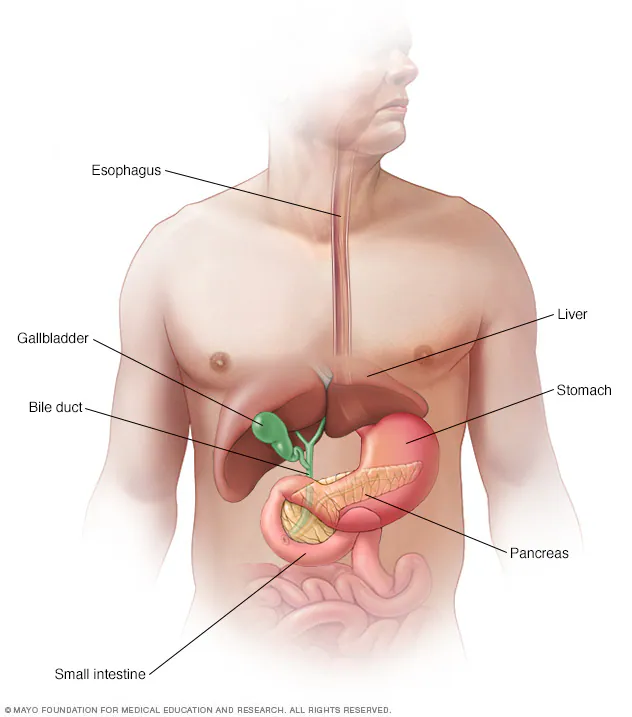An elevated calprotectin level is a person’s stool indicates that inflammation is likely present in the intestines but does not indicate either its location or cause. In general, the degree of elevation is associated with the severity of the inflammation.
Increases in calprotectin are seen with IBD, but also with bacterial infections, some parasitic infections, and with colorectal cancer.
In people newly diagnosed with IBD, concentrations of calprotectin may be very high.
A low calprotectin means that signs and symptoms are likely due to a non-inflammatory bowel disorder. Examples of these include viral infections in the digestive tract and irritable bowel syndrome (IBS). Unlike IBD, IBS does not cause inflammation. Rather, it causes cramp-like stomach pains and spasms with bouts of diarrhea and/or constipation. In people with low calprotectin results, an endoscopy is less likely to be indicated or useful.
A moderate calprotectin level may indicate that there is some inflammation present or that a person’s condition is worsening. A repeated calprotectin test with a result that is still moderately elevated or that has increased is likely to require further investigation and may warrant an endoscopy.


